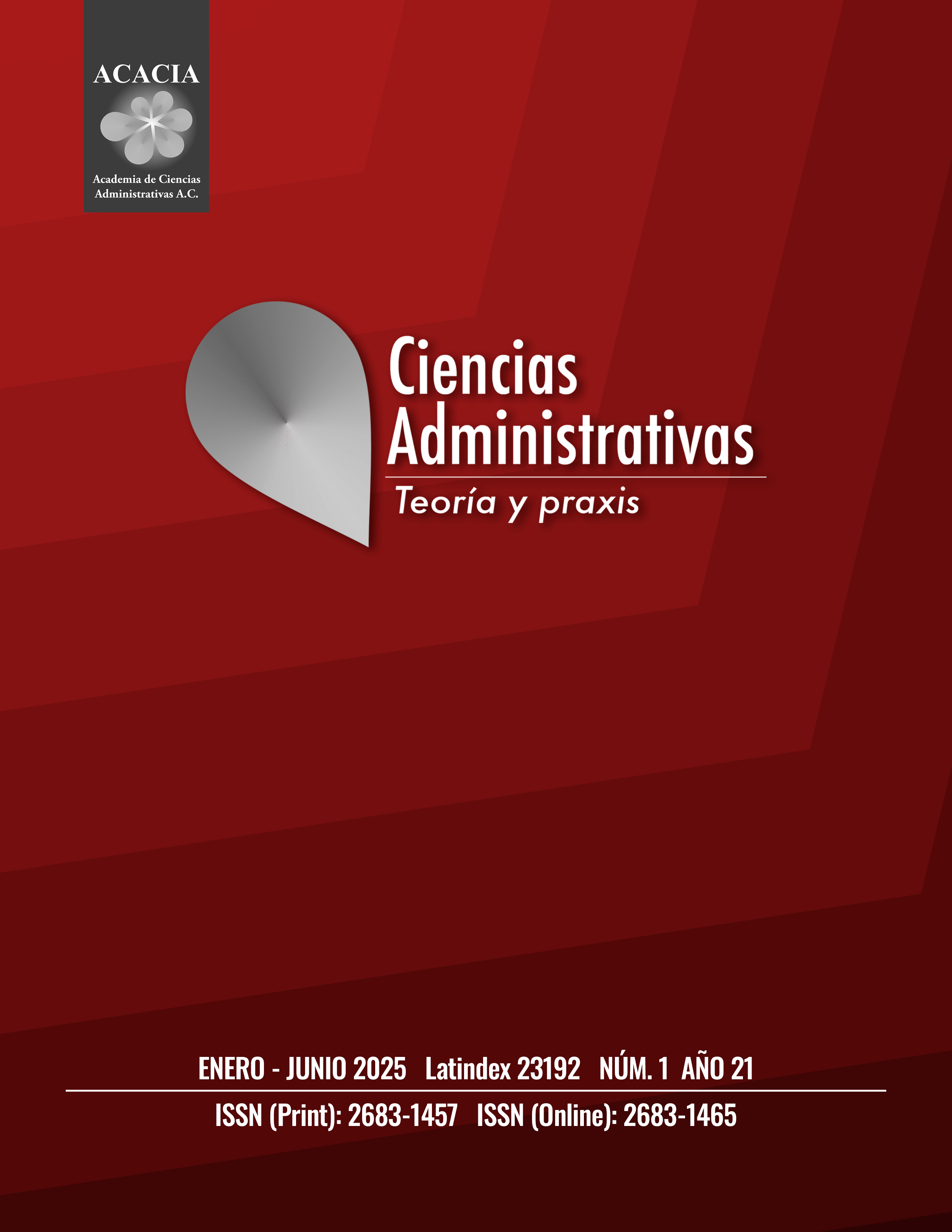University Entrepreneurship for the Generation of Economic and Social Progress: A Case Study of the City of Barranquilla
DOI:
https://doi.org/10.46443/catyp.v21i1.468Keywords:
University Entrepreneurship, Entrepreneurship Competencies, Knowledge Transfer, BarranquillaAbstract
The purpose of this article is to analyze the pedagogical strategies implemented by the Business Schools located in the city of Barranquilla (Colombia) to promote university entrepreneurship in their students and, in this way, contribute to the economic growth and social development of the Colombian Caribbean region. The study explores the methodologies employed by three universities in Barranquilla to transfer entrepreneurial competencies to their students, with the purpose of fostering the development of new and innovative business models in the northern coast of Colombia. The findings show that students acquire entrepreneurial skills through a combination of compulsory and elective courses designed to promote the generation of ventures with social and economic impact in one of the most dynamic regions of the country. A qualitative methodological design was chosen, using the case study as the main strategy in combination with semi-structured interviews and content analysis of documents relevant to the research. From the information gathered, four main categories were identified: strategic thinking competencies, communication competencies, entrepreneurship competencies and entrepreneurial ecosystem. The results reveal that universities employ different theoretical approaches and similar methods to develop and transfer entrepreneurial competencies in their students to promote university entrepreneurship.

Published
How to Cite
Issue
Section
License
Copyright (c) 2025 Ciencias Administrativas. Teoría y Praxis

This work is licensed under a Creative Commons Attribution-NonCommercial-NoDerivatives 4.0 International License.















